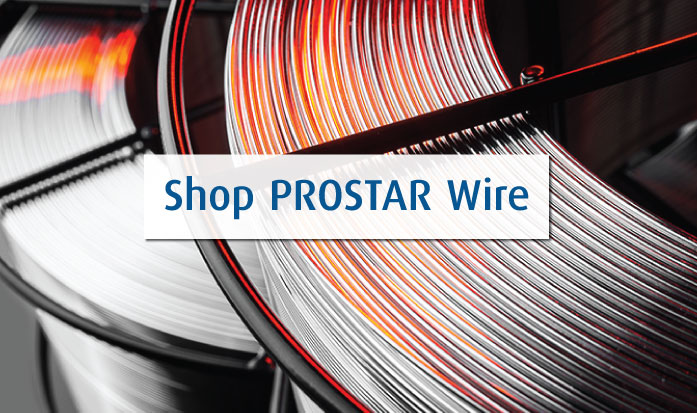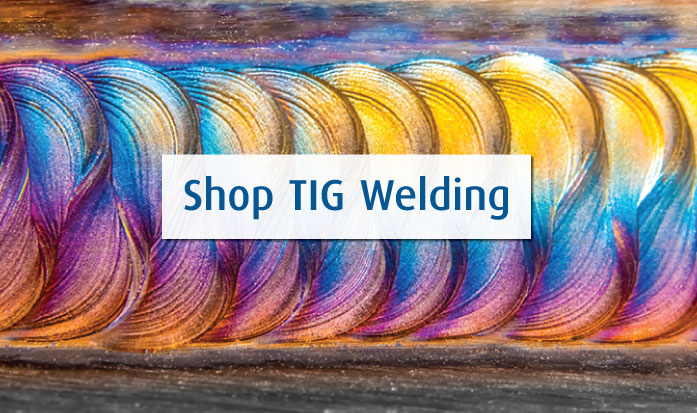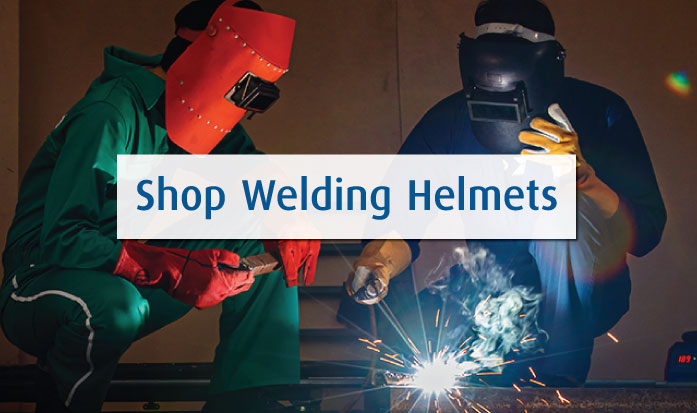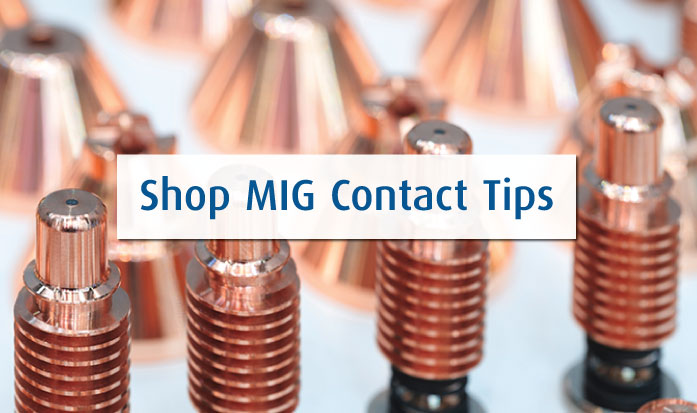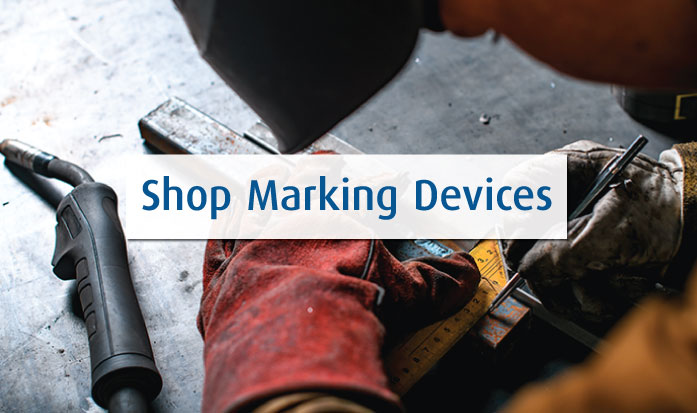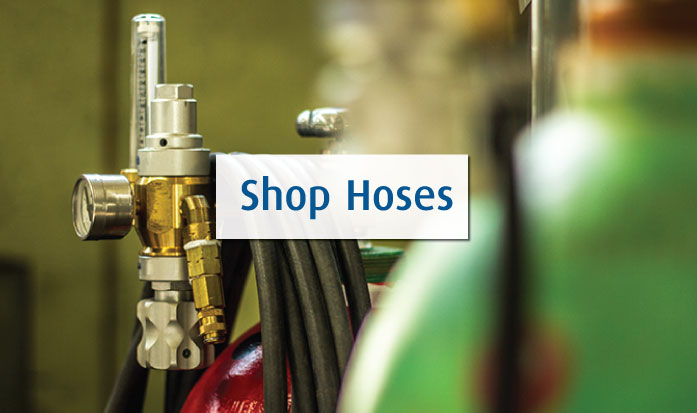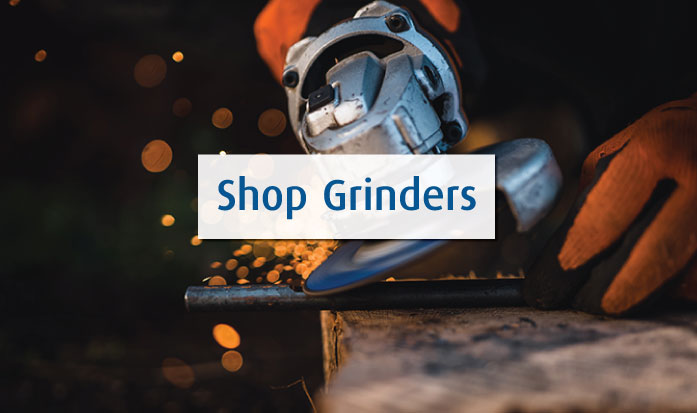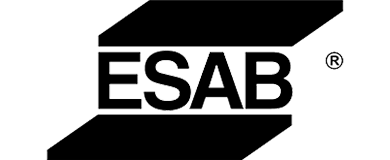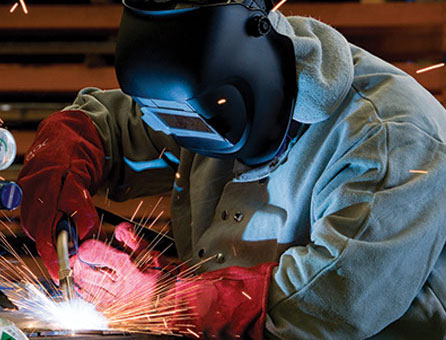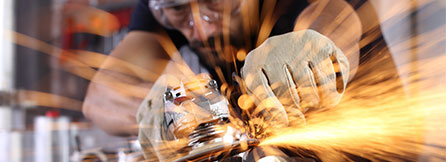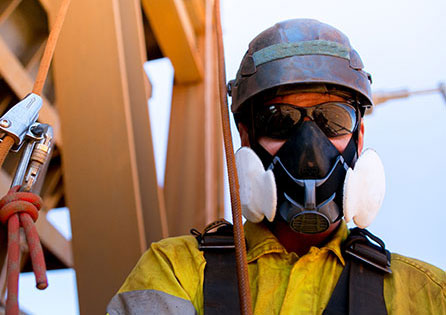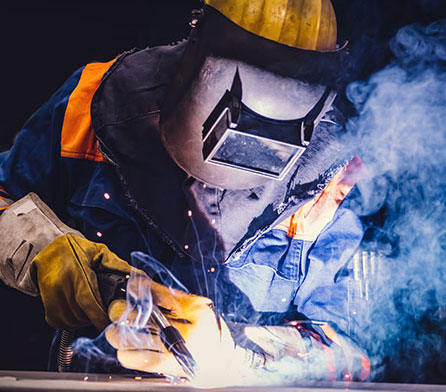Understanding the Basics of Flux-Cored Welding Wire
Flux-cored wires have been in use since the 1960s but choosing the right wire can be a little confusing at first. Known for high performance and weld quality in industries ranging from general fabrication and manufacturing to construction and shipbuilding, flux-cored wires have unique characteristics. With the proper knowledge you can choose and use flux-cored wires confidently for your own welding applications, so let’s explore more.
Characteristics of Flux-Cored Wires
There are two primary types of flux-cored wires — gas-shielded and self-shielded wires. Both types are composed of an outer sheath and filled with flux, a compound that is a mixture of alloys and deoxidizers that help protect the weld from contaminants
that could lead to defects such as cracking or porosity. 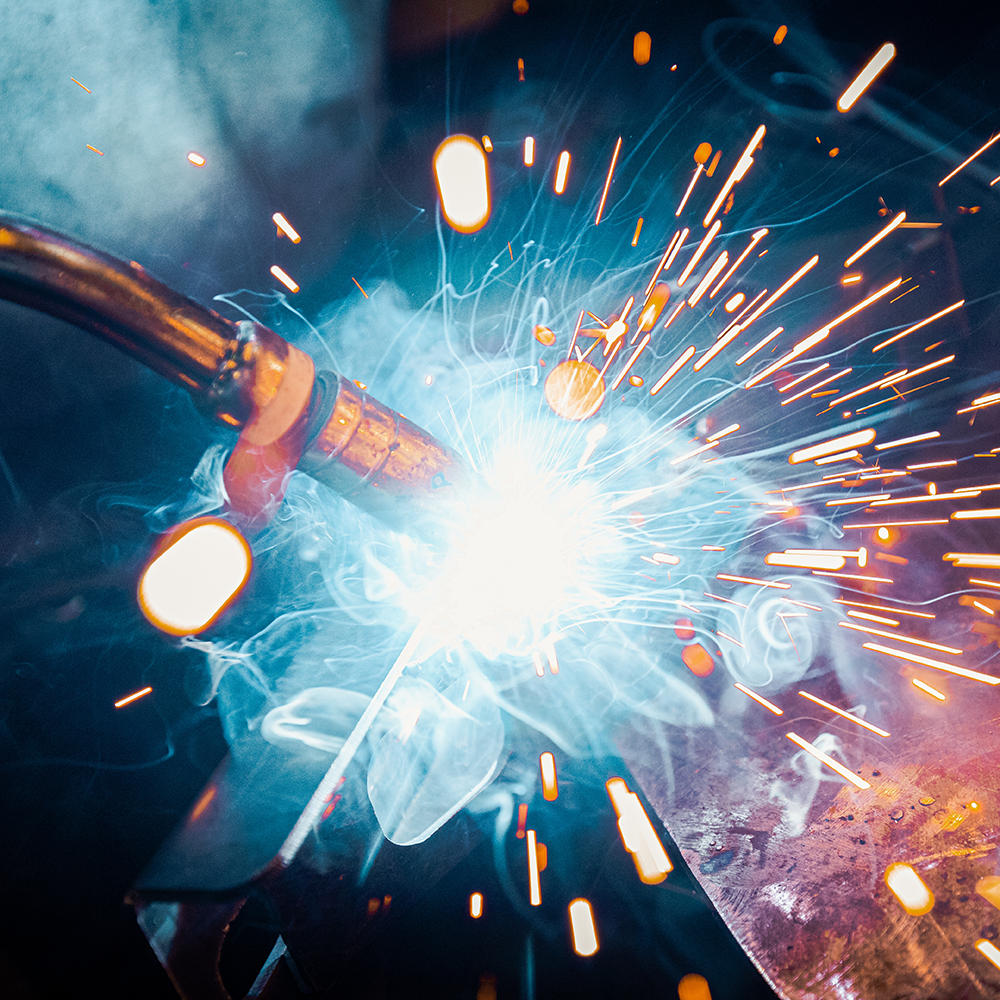
Gas-shielded flux-cored wires requires an external shielding gas supply to protect the molten metal during the welding process. Gas-shielded flux-cored wires typically depend upon pure CO2, or a mixture of argon/CO2 to shield the weld, during welding. Those gas-shielded wires made for use with CO2 will have a C in their designation, such as E71T-9C-H8. Using CO2 with flux-cored wires can provide good penetration but may create more spatter which may require more time for cleaning up the weld. Wires with an M or both a C and M in the designation, such as E71T-9C-H8/E71T-9M-H8, can operate with either CO2 or an Argon/CO2. Wires with only an M in the designation, such as E71T-9M-H8, are only intended for use with argon/ CO2 blends. Wires used with an argon/CO2 blend generally provide smoother arc performance, as well better weld quality and less spatter levels.
Self-shielding flux-cored wire, on the other hand, does not need an external shielding gas. Instead, the flux within the wire generates a gas which protects the weld puddle. Self-shielded wires work especially well for outdoor welding applications because welding operators do not need to transport gas cylinders to a jobsite in order to fabricate or repair weldments. Additionally, the shielding provided by the wire is less susceptible to the windy conditions often encountered in the field.
Flux-Cored Arc Welding (FCAW) Applications
Flux-cored welding is best for thicker materials as thinner materials are more susceptible to warping, distortion or burn-through. There are a variety of flux-cored wires for materials including carbon steel, low-alloy steels, high-nickel alloys, cast iron and stainless steels.
FCAW is often used in the construction industry, since this semiautomatic type of welding can be used outdoors, has high travel speeds and is easily portable.
FCAW is suitable for applications like:
- Shipbuilding
- Construction
- Ranch and farm repairs
- Areas where using cylinders is impractical
Advantages and Disadvantages
Like any welding wire or welding process, both gas-shielded and self-shielded flux-cored wires have advantages and disadvantages. Some of the advantages include higher deposition rates when compared to solid wires or stick electrode and the ability to easily weld thick materials.
Flux-cored wires also provide good mechanical properties, such as high-strength welds and strong impact values and the wires can be alloyed to match different base material compositions. They are also more tolerant of dirt and surface contamination than other welding wires or stick electrodes, although precleaning is always recommended as a standard practice for any welding application. Flux-cored wires are relatively forgiving, meaning they do not require highly skilled or well-trained operators, unlike some welding processes.
The biggest disadvantage of flux-cored wires is the need for post-weld cleanup. Slag is produced by both gas-shielded and self-shielded wires and must be removed by chipping and/or wire brushing between weld passes or after the last pass is completed. These wires can also be more expensive per pound than solid wires in some circumstances.

